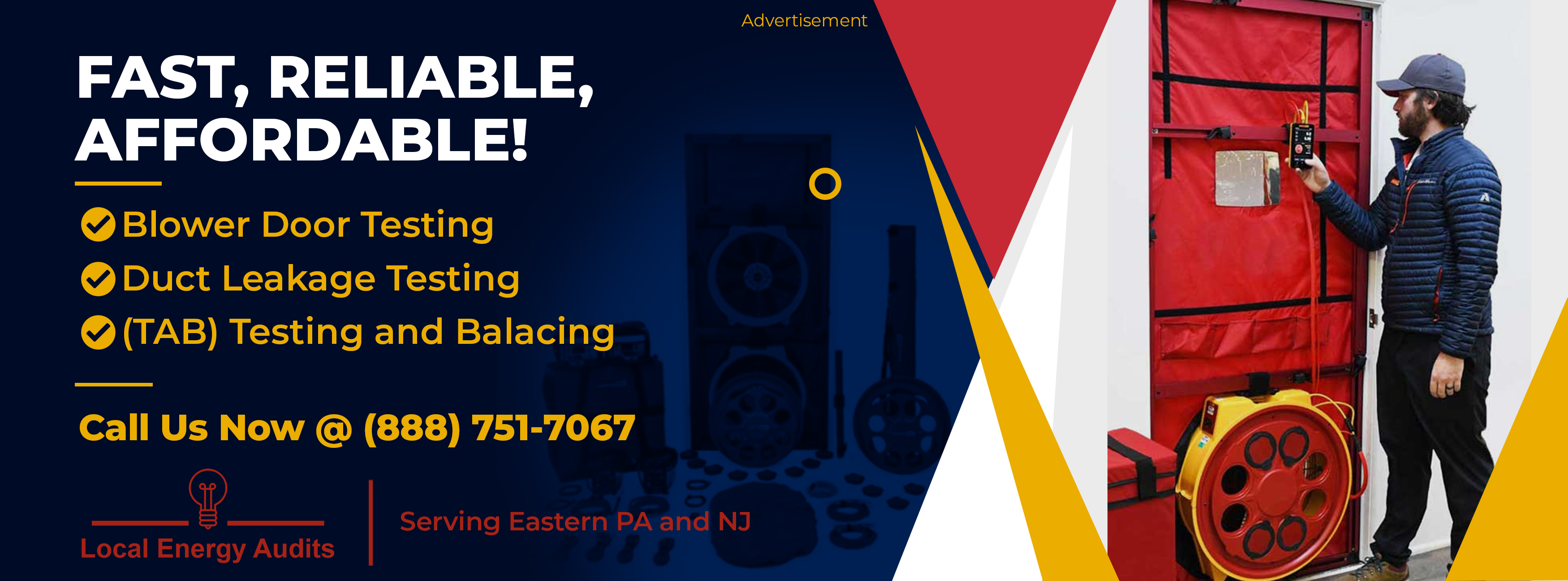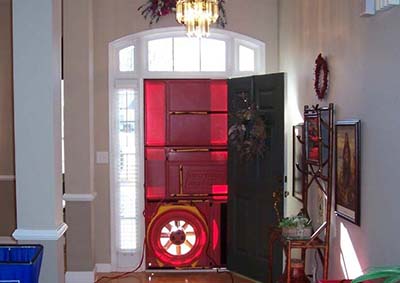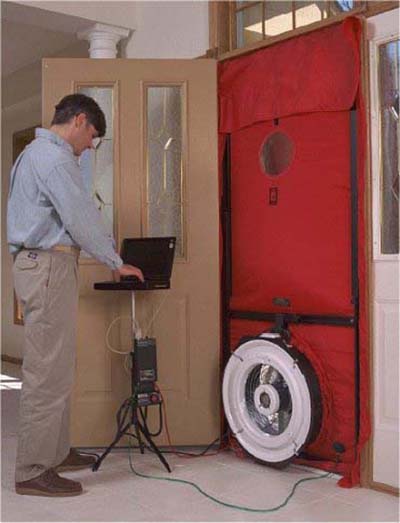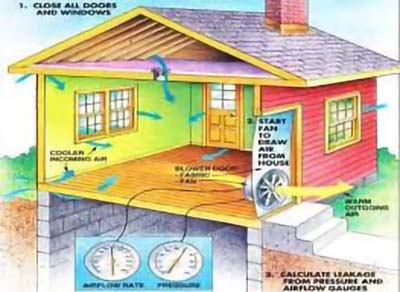

When it comes to ensuring the energy efficiency and comfort of your property in Montgomery, New Jersey, choosing the right Blower Door Test services is crucial. NJ Energy Code offers trusted Blower Door Test services in Montgomery, NJ, providing comprehensive solutions to enhance energy efficiency and reduce utility costs. Here's why you should choose our services:
Expertise: NJ Energy Code has a team of skilled professionals with extensive experience in energy efficiency assessments and Blower Door Test services. Our technicians are trained to conduct thorough tests and provide actionable recommendations to improve your property's energy performance.
Advanced Technology: We utilize state-of-the-art Blower Door equipment and instrumentation to ensure accurate and reliable test results. Our advanced technology allows us to detect even the smallest air leaks and assess a building's airtightness with precision, providing valuable insights for energy efficiency improvements.
Tailored Solutions: At NJ Energy Code, we understand that every property is unique. That's why we offer customized solutions tailored to your specific needs and goals. Whether you're a homeowner, contractor, or business owner in Montgomery, NJ, we provide personalized recommendations to optimize energy performance and maximize savings.
Compliance Assurance: NJ Energy Code ensures that all Blower Door Tests are conducted in compliance with relevant building codes and regulations. Our commitment to compliance gives you peace of mind, knowing that your property meets regulatory requirements and standards.
Transparent Communication: We believe in transparent communication throughout the Blower Door Test process. From initial consultation to test results and recommendations, NJ Energy Code keeps you informed every step of the way, ensuring clarity and understanding.
Timely Service: We understand the importance of timeliness, which is why we strive to schedule Blower Door Tests at your convenience and complete testing efficiently. Our prompt service minimizes disruption to your daily activities while ensuring your property's energy efficiency is assessed thoroughly.
Comprehensive Reporting: Following the Blower Door Test, NJ Energy Code provides detailed reports outlining the findings and recommendations for improving energy efficiency. Our comprehensive reporting empowers you to make informed decisions about energy-saving measures for your property in Montgomery, NJ.


The Blower Door Test is a fundamental procedure used to assess the airtightness of buildings and identify areas of air leakage. Here's an overview of the Blower Door Test process and its definition:
The Blower Door Test is an energy efficiency assessment technique designed to measure the airtightness of buildings. It involves temporarily sealing a building's exterior openings and using a powerful fan, known as a blower door, to either pressurize or depressurize the building. By measuring airflow and pressure differentials, the test helps identify areas of air leakage, which can contribute to energy waste and reduced indoor comfort.


Setup: The Blower Door Test begins with the setup of specialized equipment, including the blower door fan and instrumentation. The fan is typically installed in an exterior door or window of the building, while pressure gauges and airflow measurement devices are connected to monitor the test.
Preparation: Before conducting the test, the building must be prepared by closing all windows, doors, and other openings. Sealing materials, such as weatherstripping or temporary tape, may be used to ensure a tight seal around doors and windows.
Pressurization: The Blower Door Test can be conducted in either pressurization or depressurization mode. In pressurization mode, the blower door fan blows air into the building, increasing the indoor air pressure relative to the outdoors. This forces air to leak out of any openings or cracks in the building envelope, which can then be detected and measured.
Measurement: During the test, airflow and pressure measurements are taken using specialized instrumentation connected to the blower door fan. These measurements allow technicians to calculate the building's air leakage rate, typically expressed in air changes per hour (ACH) or cubic feet per minute (CFM) at a specified pressure level.
Detection of Air Leaks: As air is forced out of the building during pressurization, technicians use tools such as smoke pencils or thermal imaging cameras to visually identify areas of air leakage. These may include gaps around windows and doors, penetrations in walls or ceilings, and other potential sources of air infiltration.
Depressurization: Alternatively, the Blower Door Test can be conducted in depressurization mode, where the fan is used to draw air out of the building, creating a negative pressure relative to the outdoors. This can help reveal additional areas of air leakage that may not be apparent during pressurization.
Analysis and Reporting: Once the test is complete, the data collected is analyzed to assess the building's airtightness and identify specific areas of concern. A comprehensive report is typically generated, outlining the findings and recommendations for improving energy efficiency by sealing air leaks and improving insulation.


Investing in a Blower Door Test with NJ Energy Code is a smart decision for property owners in Montgomery, NJ, looking to improve energy efficiency, enhance comfort, and reduce utility costs. Contact us today at (856) 569-1010 to schedule a consultation and take the first step toward a more energy-efficient property.